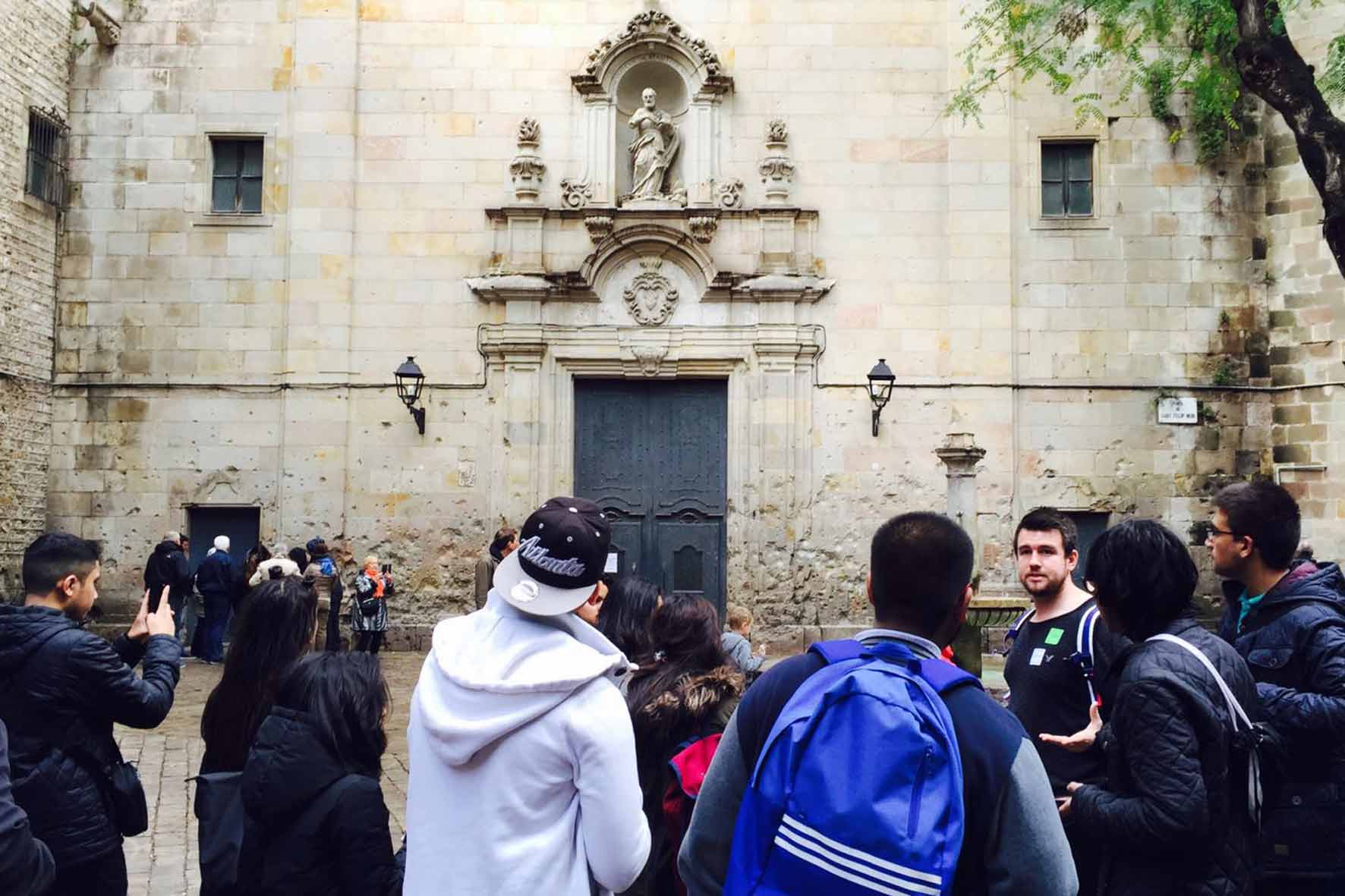Languages
Pupils are taught either French or Spanish at KS3. At GCSE it is a core subject pupils study either French, Spanish or Punjabi. We offer A Level French and Spanish at KS5.
Pupils develop the four language skills of listening, speaking, reading and writing.
MFL learning at Featherstone is dynamic, skills-based and underpinned by innovative teaching and use of New Technologies.
Pupils are encouraged to become more culturally aware and thus to widen their horizons in terms of music, dance, literature, art and theatre in the language they are learning.
Exam Boards:
A Level French: AQA
A Level Spanish: AQA
GCSE French: AQA
GCSE Punjabi: AQA
GCSE Spanish: AQA

Statement of Intent
‘If you talk to a man in a language he understands, that goes to his head. If you talk to a man in his own language, that goes to his heart’ - Nelson Mandela
The Languages department aims to provide students with a broad curriculum that engages and provides them with a rich body of knowledge to allow them to become successful linguists. We emphasise teaching phonics, vocabulary and grammar but also expose our students to authentic resources which support the development of their cultural capital and knowledge of the world around them, which in turn develops the British Values of tolerance and respect.
Students benefit from enrichment opportunities throughout their time with us, such as trips to Spain and France, extra-curricular clubs and in house theatre productions in the TL.
We enable our students to develop and apply disciplinary literacy skills through the teaching of grammar, not only of the TL but also supporting them to understand the grammar of English first. We use formative assessment techniques for teachers to have a thorough understanding of the progress being made by students and to be able to plan lessons matched to students' needs. We develop our students oracy by planning activities that allow them to speak and communicate effectively in the target language.
MFL Learning Journeys
Learning Journeys
Programme of Study
